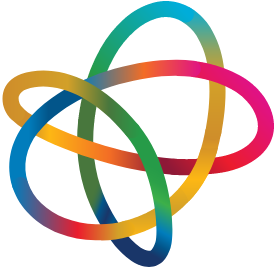The Nobel Prize in Physics 2025
The 2025 Nobel Prize in Physics has been awarded jointly to John Clarke, Michel H. Devoret, and John M. Martinis “for the discovery of macroscopic quantum mechanical tunnelling and energy quantisation in an electric circuit.”
In the 1980s, John Clarke, together with his PhD student John Martinis and post-doc Michel Devoret, conducted a series of groundbreaking microwave experiments at the University of California, Berkeley. Their pioneering work provided the first clear experimental evidence of macroscopic quantum tunneling (MQT) in Josephson junctions at millikelvin temperatures, unambiguously distinguishing it from the classical, thermally activated escape over an energy barrier.
A Josephson junction consists of two superconductors separated by a very thin insulating barrier. The superconducting condensates on both sides — composed of electron pairs in a macroscopic quantum state (Cooper pairs) — are each described by a single wave function. The weak coupling of these condensates gives rise to quantum mechanical effects that were theoretically predicted by Brian Josephson, who shared the 1973 Nobel Prize in Physics with Ivar Giaever and Leo Esaki for their discoveries of microscopic tunneling phenomena in superconductors and semiconductors, respectively.
The demonstration of macroscopic quantum tunneling not only confirmed the quantum nature of Josephson junctions but also revealed energy quantization in macroscopic electrical circuits. As the laureates foresaw in their seminal publications, this insight enabled the engineering of superconducting quantum circuits, including the superconducting quantum interference device (SQUID) — an exceptionally sensitive magnetometer — and later, superconducting qubits, which form the basis of many quantum computing platforms today.
In a recent interview, John Clarke emphasized the fundamental role of Erwin Schrödinger’s formulation of quantum mechanics in guiding their research. Appropriately, the scientific theme of this year’s Nobel Prize coincides with the International Year of Quantum Science and Technology (2025) — a global initiative celebrating the expanding impact of quantum physics across disciplines. The 2025 Nobel Prize in Physics thus honors not only a historic experimental achievement but also a cornerstone in the ongoing quantum revolution.
12.10.2025 Wolfgang Lang, Uni Wien
